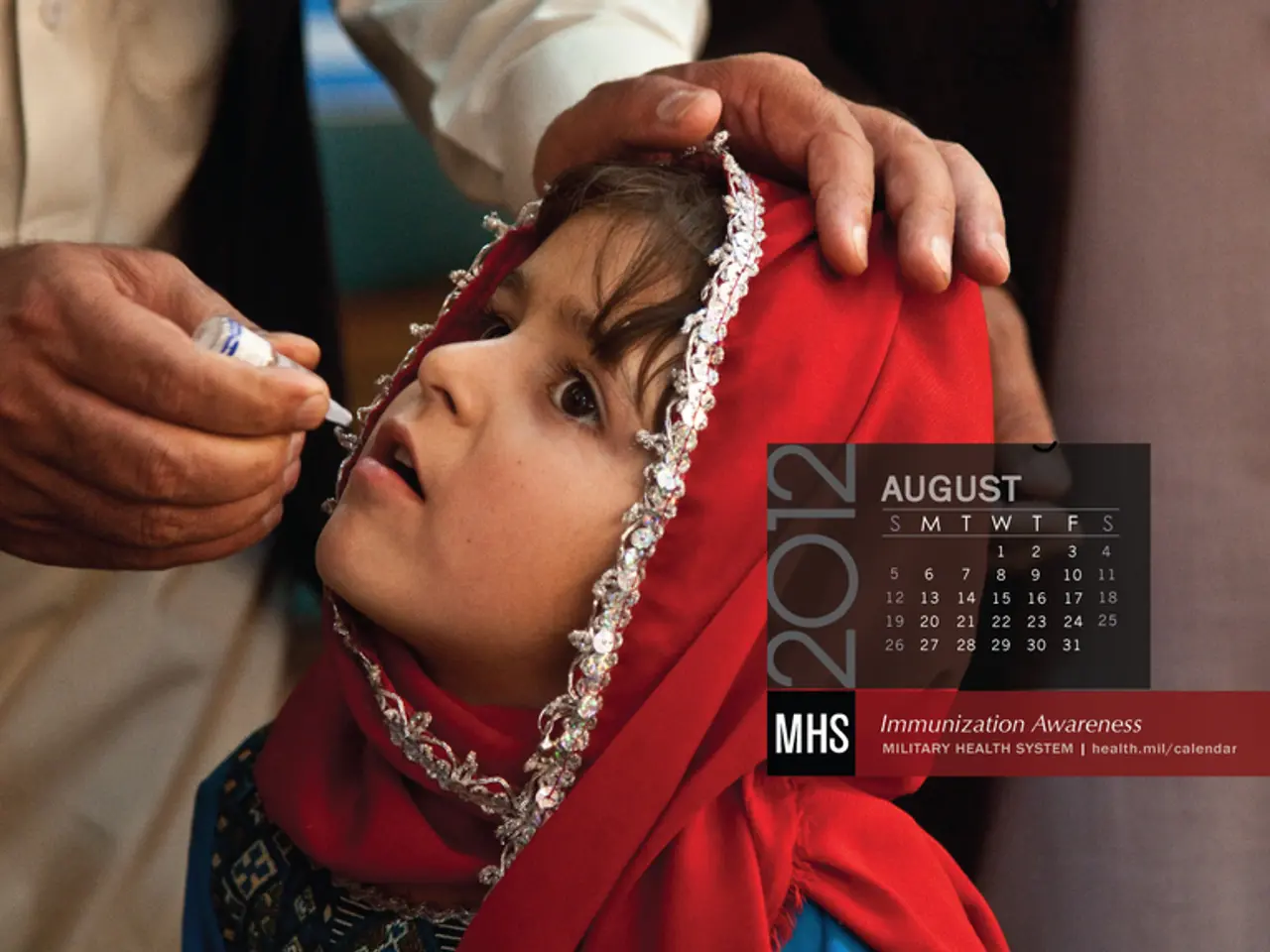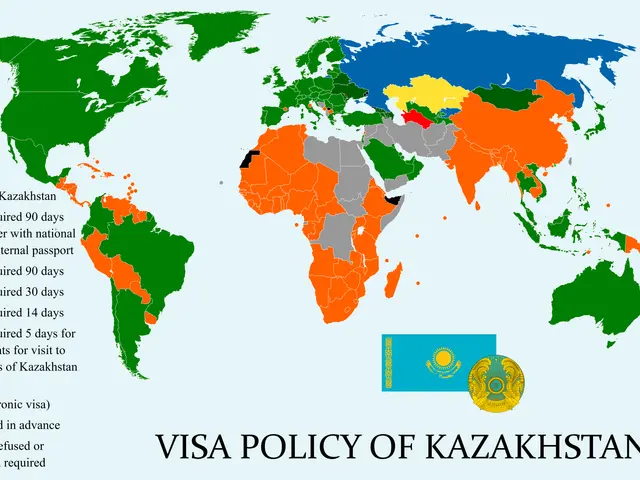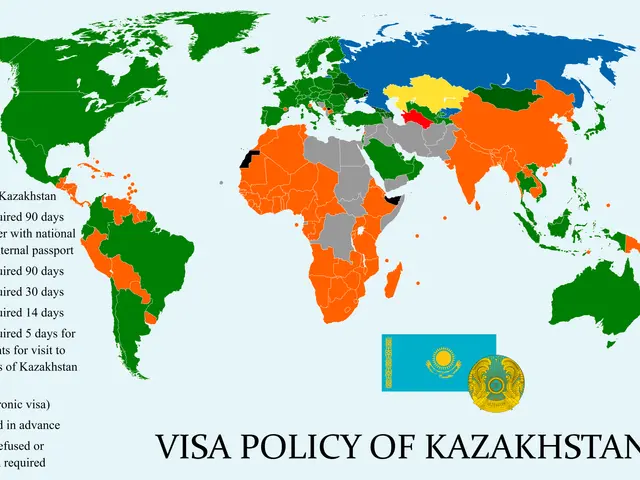Tamil Nadu Aims to Immunize 27 Lakh Children in Extended Vaccination Initiative Across Chennai and Adjacent Districts
Tamil Nadu Launches Expanded Japanese Encephalitis Vaccine Campaign
Tamil Nadu, India, has initiated a multi-phase state-wide Japanese Encephalitis (JE) vaccine campaign targeting approximately 27 lakh (2.7 million) children aged 1 to 15 years across seven high-risk districts, including Chennai and its surrounding areas [1][2][3][4][5].
Strategies and Approach
The campaign is structured into three phases to maximize coverage and ensure efficient delivery.
- Phase 1 (Aug 13–Sept 12): Vaccination of children aged 5–15 years in government and government-aided schools.
- Phase 2 (Sept 13–Oct 12): Vaccination of children aged 1–5 years at anganwadi centres (rural childcare centres under the ICDS program).
- Phase 3 (Oct 13–Nov 12): Vaccination in orphanages and juvenile reform homes for children aged 1–15 years [1][2][4].
The vaccine is administered at schools, anganwadi centres, orphanages, and juvenile homes to cover vulnerable and institutionalized children effectively [3][5]. Each child receives a single dose of the JE vaccine during this campaign, which is planned as a one-time mass campaign dose to later be incorporated into the routine immunisation schedule [4].
Addressing Challenges
Achieving full coverage, especially in diverse settings, requires careful coordination and community engagement. Efforts include appeals to parents, guardians, and community workers for active participation [2]. Coordinating vaccination camps over months and multiple districts with catch-up sessions is complex, requiring substantial logistics and human resources [1][2].
Raising awareness to overcome vaccine hesitancy or absenteeism during vaccination days remains a challenge, necessitating continuous communication by health officials [2]. Vector control, while crucial, remains an ongoing public health challenge in rural and peri-urban areas.
Tackling Urban Risks
In urban areas like Chennai, the JE vaccine campaign addresses risks created by urbanization, such as poor drainage, stagnant water in construction zones, and urban livestock keeping. The campaign combines immunisation with mosquito control measures, public information drives, and increased hospital surveillance for encephalitis-like symptoms [1][3][4].
Importance of the Campaign
The JE vaccine campaign in Tamil Nadu, including Chennai, aims to immunize over 27 lakh children aged 1-15 against Japanese Encephalitis. The campaign is critical due to the spike in mosquito activity during monsoon and post-monsoon months [5]. Historically, JE cases in Tamil Nadu have mainly emerged from rural districts with paddy fields and pig farms [3].
This campaign is aligned with India's Universal Immunisation Programme, which has already extended JE vaccination to 334 of the country's 355 endemic districts [4]. The expansion of the campaign to additional districts in Tamil Nadu targets regions with recent JE cases and historical endemicity to reduce morbidity and mortality.
[1] Indian Express
[2] The Hindu
[3] NDTV
[4] Times of India
[5] Deccan Chronicle
Read also:
- Federal Funding Supports Increase in Family Medicine Residency Program, Focusing on Rural Health Developments
- Potential Role of DHA in Shielding the Brain from Saturated Fats?
- Alternative Gentle Retinoid: Exploring Bakuchiol Salicylate for Sensitive Skin
- Hanoi initiates a trial program for rabies control, along with efforts to facilitate the transition from the dog and cat meat trade industry.








